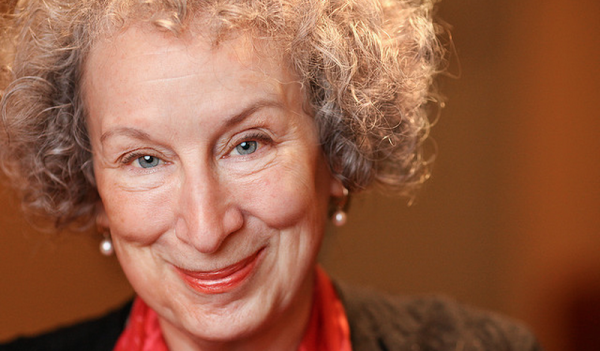
The Social Author
For centuries, the ivory tower of literature has made authors seem disconnected and out of touch with their audiences. But more and more, authors are looking to social media to help them reach readers and promote their work.
However, the move to online networking has not been easy. The literary community is divided on how technology impacts our writing and what we create. To spark the discussion, we identified five top authors who use social media to promote their work and reshape the literary landscape. Paulo Coelho, Stephen Fry, Margaret Atwood, Neil Gaiman, and Salman Rushdie use social media as a platform for discussion, social change, community building, and most importantly, inspiration.
Paulo Coelho
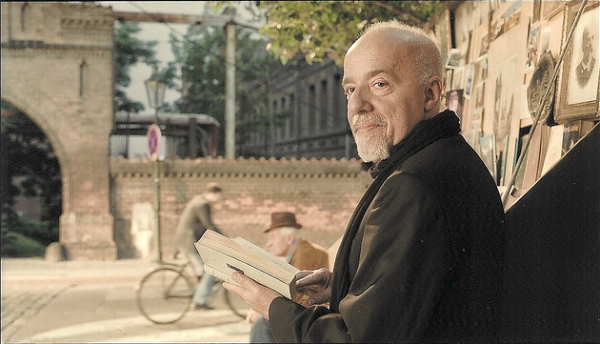
“I started with a blog, and then focused on two social communities: Facebook and Twitter (which had just started—I have been tweeting since 2007). I could talk to people, who, by nature of having read my books, understood my soul.”
After reaching millions of readers with his written work, Paulo Coelho’s curiosity to understand his global readership led him to participate in social communities online. Coelho is a Brazilian writer, best known for his work ‘The Alchemist’ and incredible 8.5+ million followers on Twitter and Facebook.
At the end of the day, even the most famous writers must continue to sell books; Coelho’s ‘Alchemist’ has been on the New York Times Bestseller list for 270 weeks. The author brings a personal touch to his writing, helping his readers connect with him in a way that feels similar to oral tradition— a place where the audience and author enjoy the storytelling together.
Coelho has been blogging for over five years, averaging around 50 posts per month as a way to connect with his readers and promote his works. On Facebook and Twitter Coelho posts a steady stream of his raw thoughts and feelings that allows his readers to develop a deep and trusting relationship with him, and in turn his work.
Stephen Fry
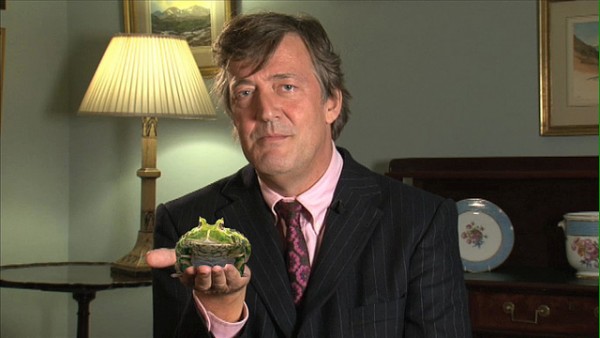
“The thing to me about Twitter is that it understands, as any great service does, that human beings are firstly emotional creatures. Not firstly intellectual or reasoning creatures, but firstly emotional.”
Stephen Fry is ranked the 4th most influential person on Twitter, according to the New York Times. He is an English Author, Actor, Screenwriter, Comedian, Playwright… and list goes on. Associated with British high culture and as a lover of classics, Fry’s adoption of Twitter in 2008 was unexpected. Yet, he manages to squeeze a lot into 140 characters or less, amassing millions of followers.
There is something to be said about the power of controversy in advertising a brand— and in this case, an individual. Stephen Fry uses social media to be honest and raw, even if his words lead to angry backlash. He uses Twitter to create an intimate connection with his followers, a sense of trust and engagement that people across the globe are helplessly attracted to.
Fry champions the power of Twitter in allowing humans to write emotionally, something verbal communication can hinder. He has an incredible 6+ million followers and constantly reiterates that the power of social is in the individual, and not the enterprise.
Margaret Atwood
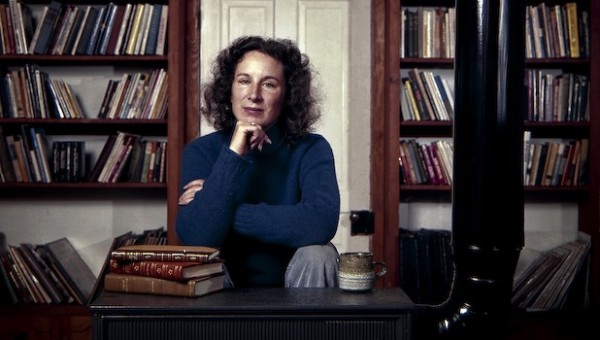
“So what’s it all about, this Twitter? Is it signaling, like telegraphs? Is it Zen poetry? Is it jokes scribbled on the washroom wall? Is it John Hearts Mary carved on a tree? Let’s just say it’s communication, and communication is something human beings like to do.”
Margaret Atwood is one of the most influential female writers of the 20th century. Her adoption of social media as a platform to engage her readers and humanize herself has created an incredible community of storytellers and contributors. Atwood is an avid defender of social, championing that Twitter actually promotes higher levels of literacy and creativity. She even launched a crowdsourcing campaign via Indiegogo to support Fanado — pledging to name one of her characters after anyone who donated $10 000.
Margaret Atwood drives her personal brand through her intense adoption of social. Her collaborative written work, ‘The Happy Zombie Sunrise Home‘, was released on the social reading platform Wattpad and advertised exclusively through social media, gaining nearly 90 000 readers and over 150 interactions.
She has written short stories for Byliner.com and used social media to fabricate the final story of her MacAddam trilogy. Atwood’s presence on social media is not only successful self promotion, but contributes to helping upcoming and unpublished authors get their work read.
Neil Gaiman
Neil Gaiman is a novelist, graphic novelist and screenwriter. He is well known for his publications The Sandman, American Gods, Coraline and his over 1.8 million followers on Twitter.
Gaiman participated in the Blackberry Keep Moving project launched in early 2013 (video above). After 6 months of crowdsourcing through his Twitter account, Gaiman completed 12 short stories— part of a series called ‘A Calendar of Tales‘. The project, at its heart, was meant to be collaborative with his fans, picking his favourite 12 answers from the same number of questions and writing a story on each. He then invited graphic artists, photographers and videographers to contribute visuals for the stories. The end product was the most fascinating example of an author using social to connect with his vast readership.
Salman Rushdie
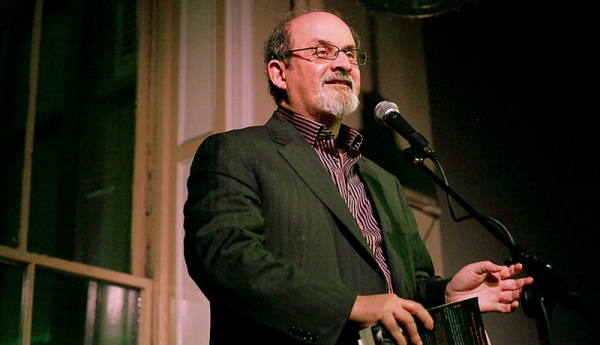
Salman Rushdie represents more than just great literature, but a well educated, cultured and respected member of the academic community. Most recently, Rushdie has found himself in a online battle against Jonathan Franzen, an academic who dismisses Twitter as irresponsible and irritating. But this isn’t the first time Rushdie has faced heat online and most certainly won’t be the last. The author represents a movement of writers migrating to online social platforms to incite public discourse.
Dear #Franzen: @MargaretAtwood @JoyceCarolOates @nycnovel @NathanEnglander @Shteyngart and I are fine with Twitter. Enjoy your ivory tower.
— Salman Rushdie (@SalmanRushdie) September 16, 2013
Rushdie uses social media to master the perfect balance of self promotion, engagement and sincerity. His social presence offers readers a forum to connect with him as an author and be heard via retweets and replies. In turn, Rushdie continually grows his online audience.
He is in touch with the reader in real time, talking with a respect and sense of equality that inspires all of his 600 000+ subscribers. Rushdie champions social platforms as a tool to break down the ‘ivory tower,’ a term used to describe the relationship of privilege authors have with with their readers. By doing so, Rushdie has become the voice of his communities.
Have a favorite author that you follow on social media? Tell us what you like about them in the comments.
Want to put the power of social media to work for you? Try HootSuite Pro for 30 days.